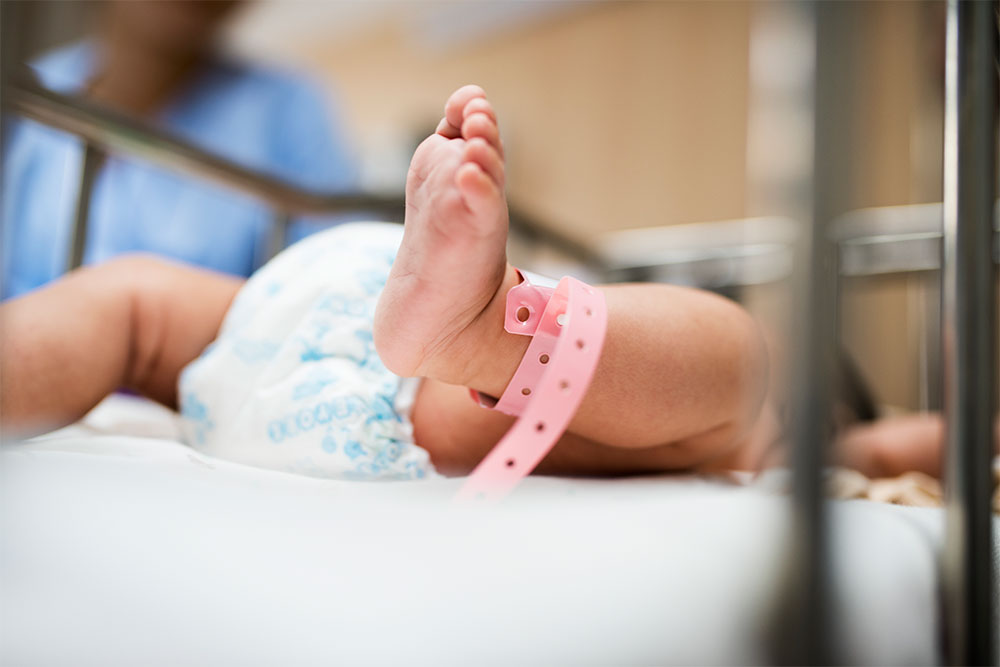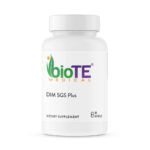Pregnancy is a period of intense physical and emotional change for women. It is a time when the body undergoes significant changes to accommodate the growth and development of a baby. It is an exciting and challenging journey that requires careful attention and care. In this article, we will discuss the various aspects of pregnancy, from the early stages to childbirth.
Early Signs of Pregnancy
Pregnancy symptoms can start as early as one week after conception, but for most women, symptoms begin around four to six weeks after their last menstrual period. The first sign of pregnancy is a missed period. However, other early signs may indicate pregnancy. These signs include nausea, vomiting, fatigue, breast tenderness, frequent urination, and mood swings. Some women may experience all these symptoms, while others may have only a few or none.
Pregnancy Test Types
There are two main types of pregnancy tests: urine tests and blood tests.
- Urine tests are the most used and are available over the counter at pharmacies and drug stores. These tests work by detecting the hormone human chorionic gonadotropin (HCG) in the urine. This hormone is produced by the placenta after a fertilized egg has implanted in the uterus, which typically happens 6-12 days after conception. Urine tests are typically easy to use and can provide results in just a few minutes.
- Blood tests are another type of pregnancy test and are done in a doctor’s office or lab. There are two types of blood tests: qualitative and quantitative. Qualitative tests detect the presence of HCG in the blood, just like urine tests. Quantitative tests, on the other hand, measure the exact amount of HCG in the blood. Blood tests are generally more accurate than urine tests and can detect pregnancy earlier, but they are also more expensive and take longer to get results.
It’s important to note that pregnancy tests are not 100% accurate, and false negatives or positives can occur. If you have a positive result on a pregnancy test, it’s important to follow up with a healthcare provider to confirm the pregnancy and begin prenatal care.
Prenatal Care
Prenatal care is essential during pregnancy. It involves regular visits to a healthcare provider to monitor the health of the mother and the developing baby. Prenatal care includes physical examinations, blood tests, and ultrasound scans. It also involves counseling on nutrition, exercise, and the use of medications during pregnancy.
Nutrition During Pregnancy
Nutrition plays a critical role in the health of both the mother and the developing baby. A balanced diet that includes a variety of foods from all the food groups is essential. It is also important to avoid certain foods that may be harmful to the developing baby, such as alcohol, raw or undercooked meats, and fish with high levels of mercury.
Exercise During Pregnancy
Exercise is safe and beneficial during pregnancy. It helps to maintain a healthy weight, reduce the risk of gestational diabetes, and improve mood and sleep quality. However, it is important to consult with a healthcare provider before starting an exercise program and to avoid activities that may be harmful to the developing baby, such as high-impact sports and activities that may result in falls.
Stages of Pregnancy
There are three different stages of pregnancy:
- First Trimester: This is the period from conception up to 12 weeks of pregnancy. During this time, the fertilized egg implants in the uterus, and the body starts to produce the hormone human chorionic gonadotropin (HCG), which signals the ovaries to stop releasing eggs. This is when most of the physical and emotional changes of pregnancy occur.
- Second Trimester: This is the period from 13 to 28 weeks of pregnancy. During this time, the baby’s organs continue to develop and grow, and the mother’s body adjusts to the increasing weight and size of the growing baby. This is often considered the most comfortable trimester.
- Third Trimester: This is the period from 29 weeks to delivery. During this time, the baby continues to grow and gain weight, and the mother may experience more discomfort as her body prepares for labor and delivery. In the final weeks of pregnancy, the baby may move into the head-down position in preparation for delivery.
Complications During Pregnancy
Complications during pregnancy can occur, despite the best efforts to maintain a healthy pregnancy. These complications include gestational diabetes, preeclampsia, preterm labor, and miscarriage. It is important to be aware of the signs and symptoms of these complications and to seek medical attention promptly if they occur.
How many babies a woman can have at once?
The number of babies a woman can have at once is typically one or two, although in rare cases, a woman can give birth to more than two babies at once.
When a woman gives birth to two babies at once, it is called a twin pregnancy, and when she gives birth to three babies at once, it is called a triplet pregnancy. If she gives birth to four babies at once, it is called a quadruplet pregnancy, and so on.
The number of babies a woman can have at once depends on various factors, including her age, health, and fertility. Multiple births are more common in women who undergo fertility treatments or have a family history of twins or multiples. However, multiple pregnancies also carry higher risks for the mother and babies, such as premature birth, low birth weight, and other complications.
Childbirth
Childbirth is the process of delivering a baby. It can be a challenging and intense experience, but it is also a rewarding one. There are several options for childbirth, including vaginal delivery and cesarean section. It is important to discuss these options with a healthcare provider and to have a birth plan in place.
Postpartum Period
The postpartum period is the time after childbirth when the body undergoes further changes to return to its pre-pregnancy state. It is a time of physical and emotional adjustment, and it can be challenging for new mothers. It is important to seek support from healthcare providers, family, and friends during this time.
Conclusion
Pregnancy is a time of immense change and growth. It requires careful attention and care to ensure the health of the mother and the developing baby. Prenatal care, nutrition, exercise, and awareness of potential complications are all essential components of a healthy pregnancy. Childbirth and the postpartum period are also important milestones that require careful planning and support. With proper care and attention, pregnancy can be a rewarding and fulfilling experience for women.




